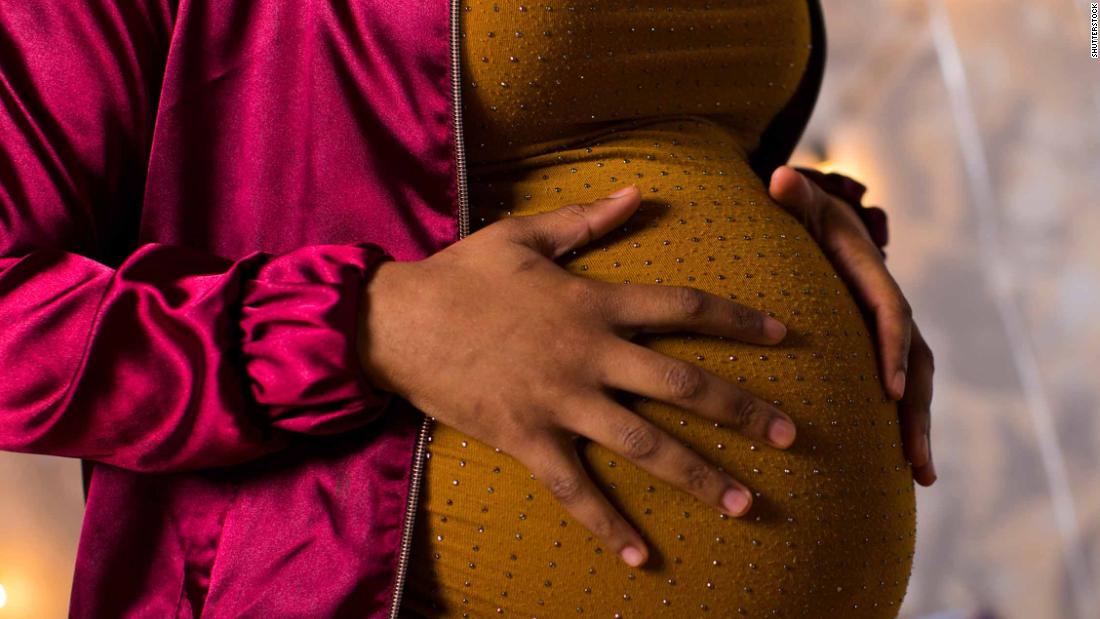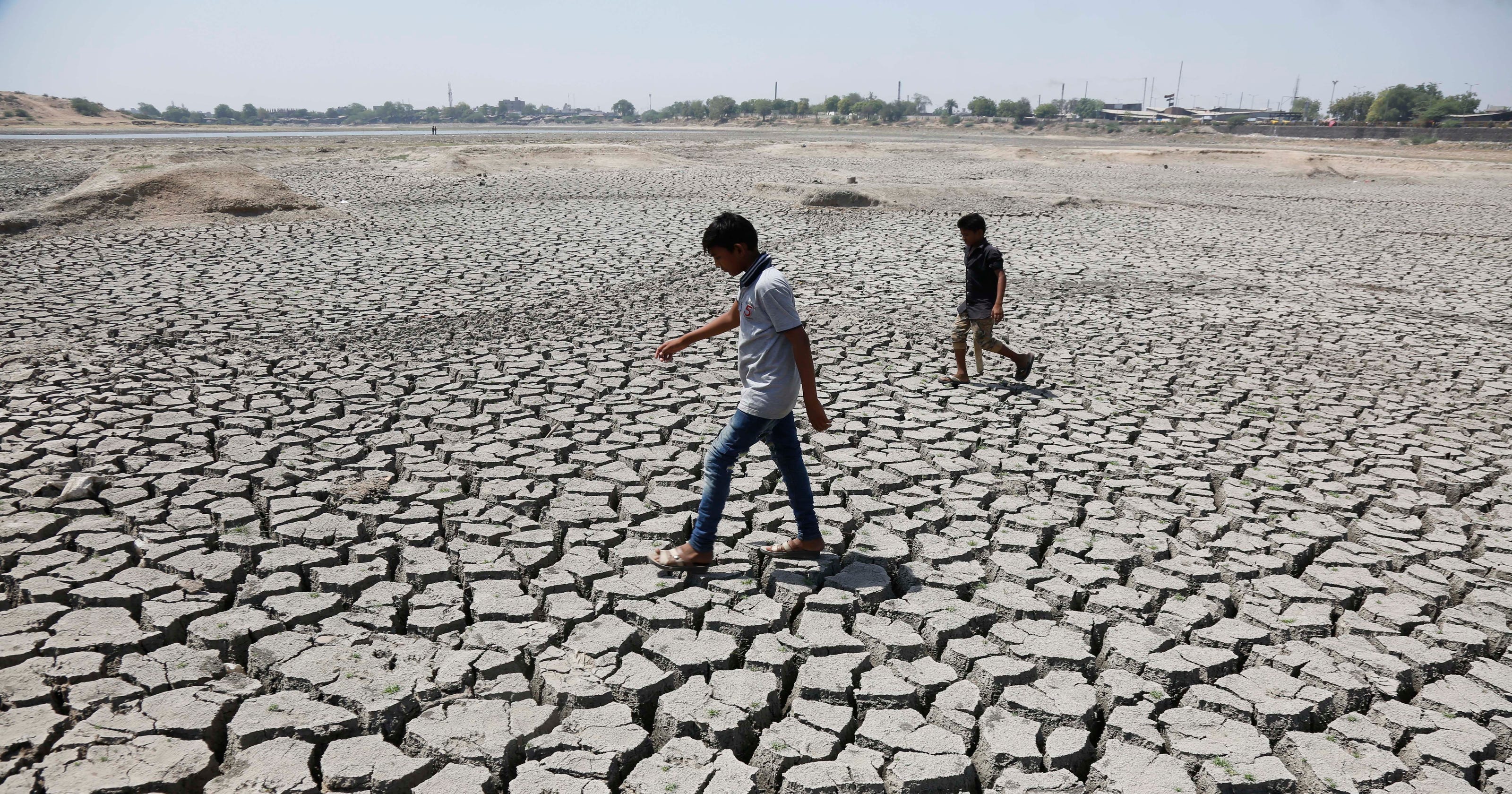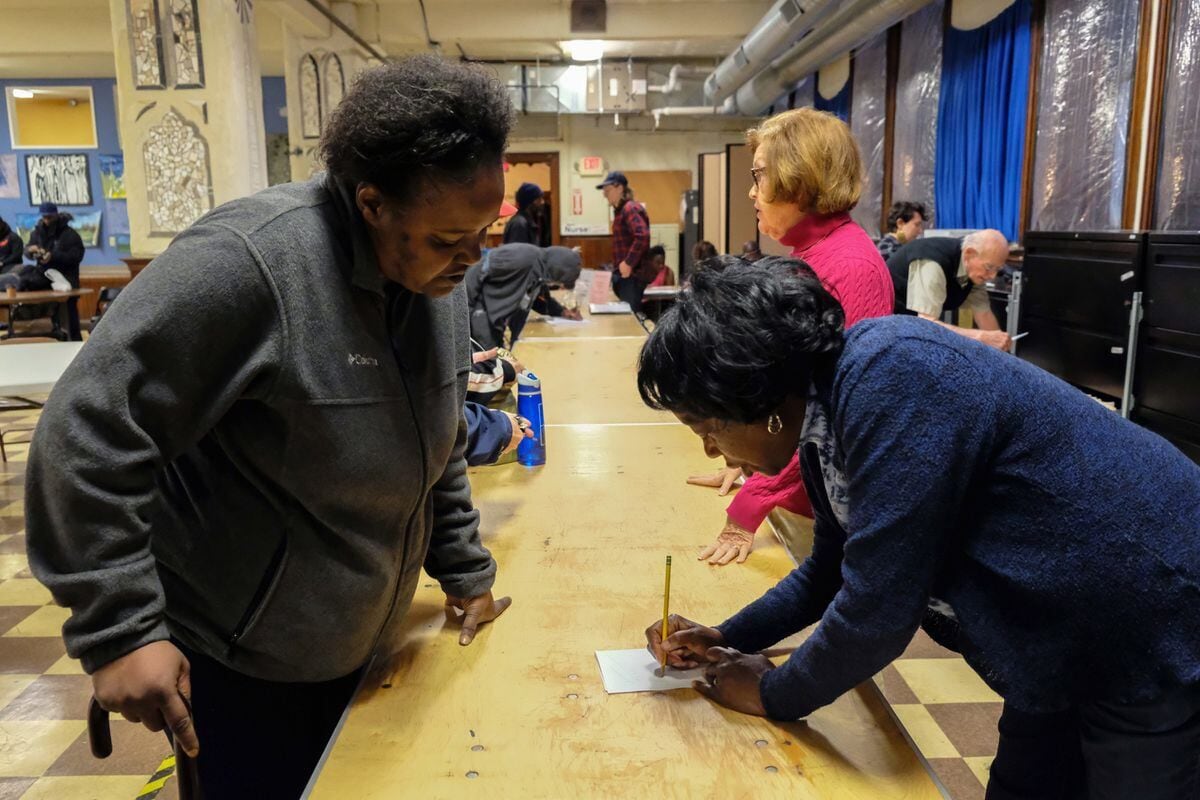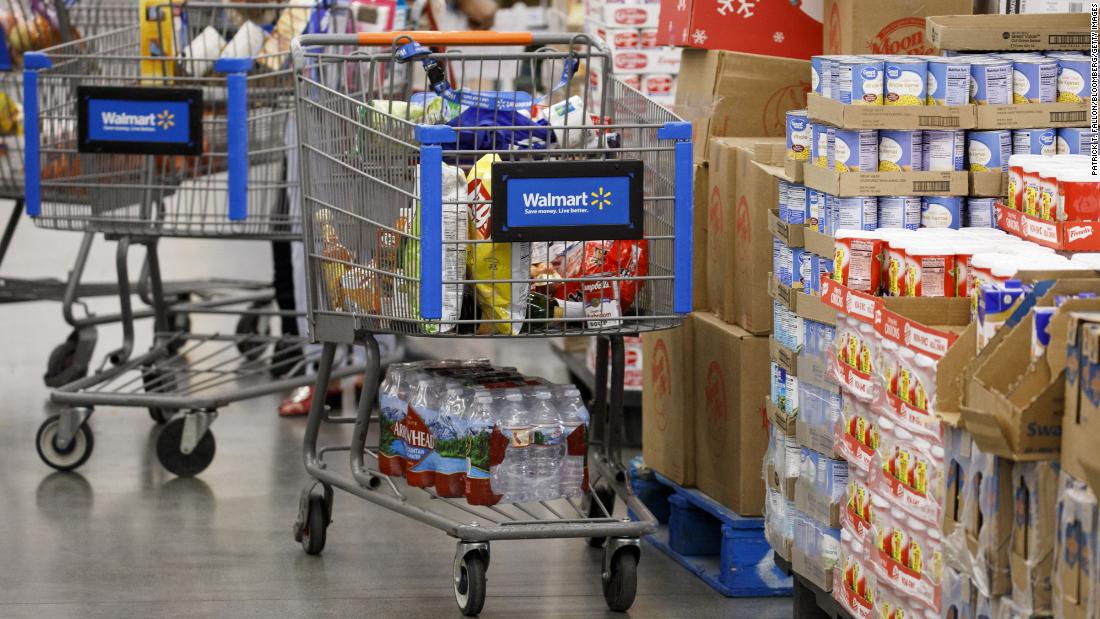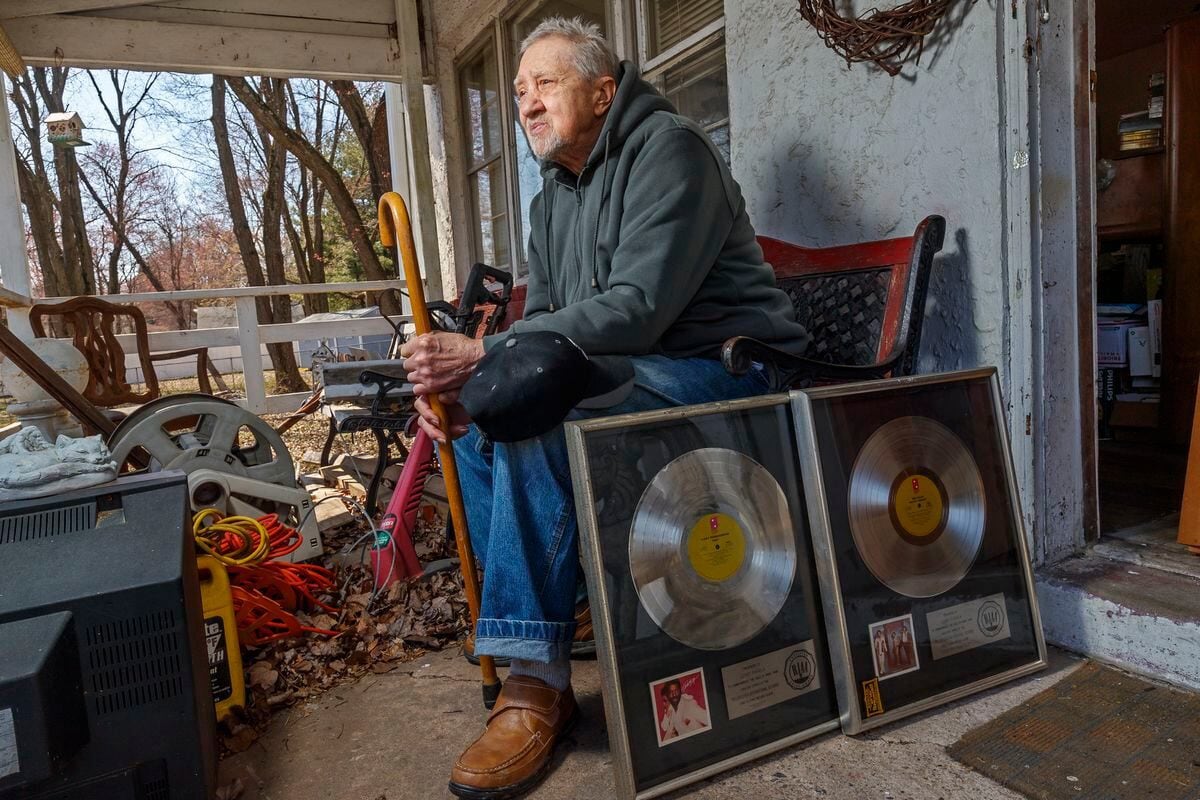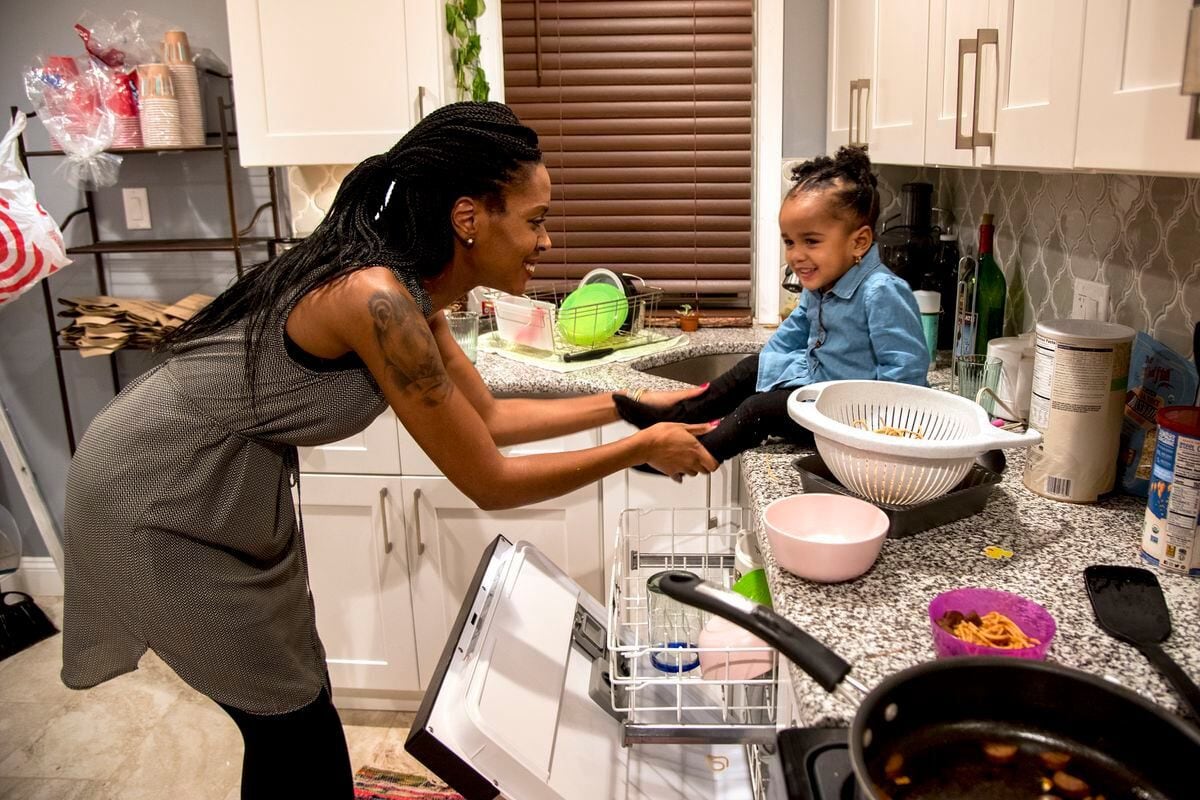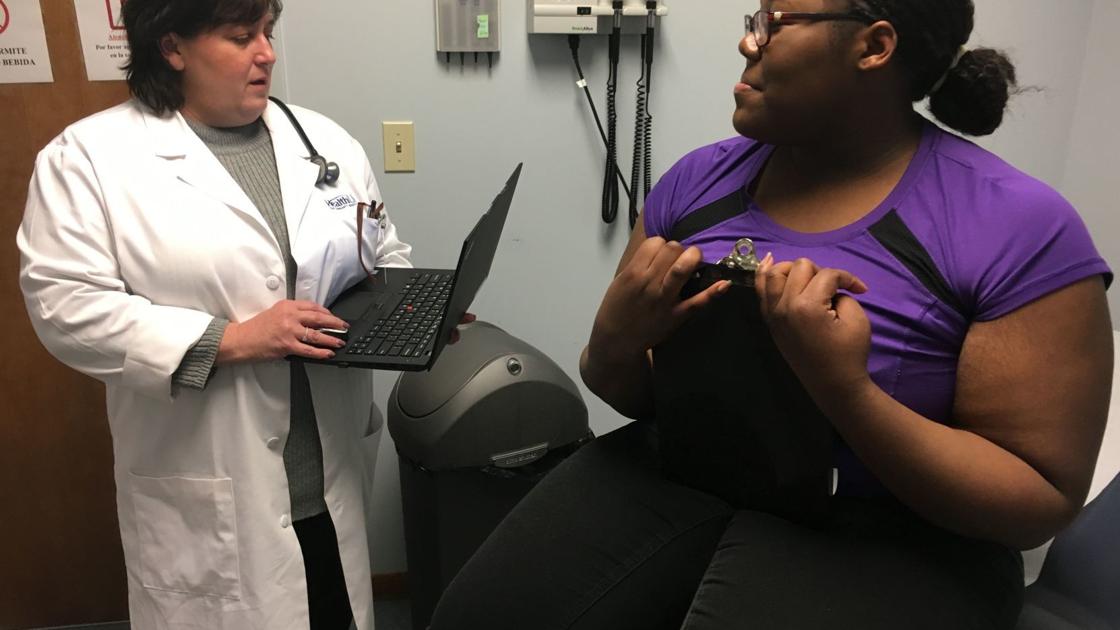Medicaid expansion was linked with significant improvements in premature birth and birth weight disparities among black infants between 2011 and 2016, according to a new study. Enrollments for insurance under the Affordable Care Act, which included Medicaid expansion, began in 2014.
A flawed renewal system knocked thousands of people off the Medicaid rolls.
Medicaid officials said the change is required because of the ballot measure approved by voters in November, which expanded Medicaid. State Sen. Adam Morfeld of Lincoln, who led the petition
Due in part to rising temperatures from human-caused climate change, the gap between the world’s poorest and richest people has increased in the past half-century.
Louisiana cities could have the ability to raise the local minimum wage for their residents and set family leave policies if state lawmakers pass a bill this legislative session.
Beginning Saturday, payday lenders in Ohio must comply with a new law that caps interest rates and fees.
At the same time, low-income Minnesotans also would benefit most from the governor’s spending proposals, which are funded by the tax increases.
National incarceration rates are down by 10 percent over a decade, a welcome development but not quite reason for joy.
Most people released from a New York City prison move straight into a shelter.
A new report underscores the depth and breadth of Chicago’s affordable housing problem while a plan for an affordable housing development in Logan Square sparks controversy.
In most American cities, gentrification has not pushed low-income residents out of the city they call home, according to a new study. D.C. is one of the exceptions.

